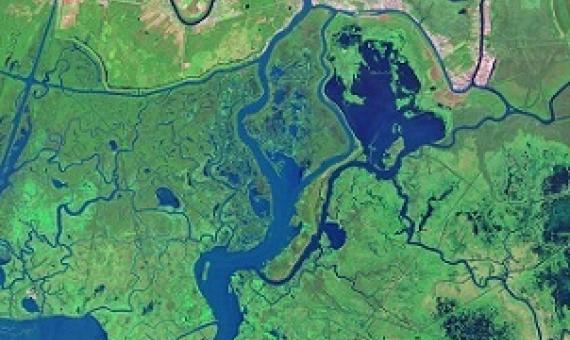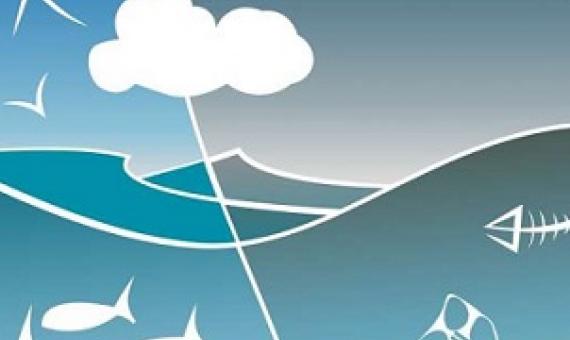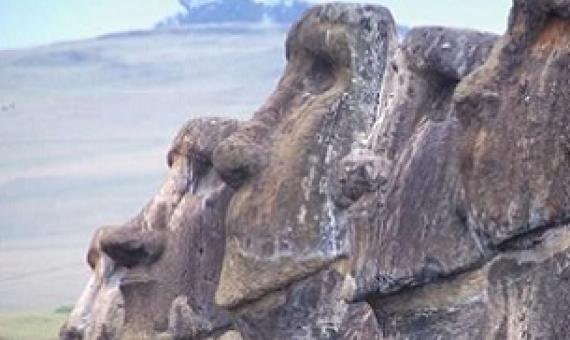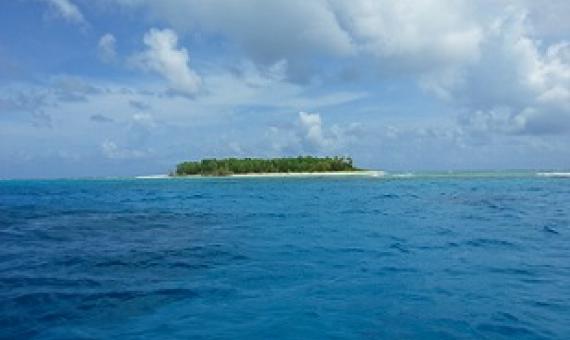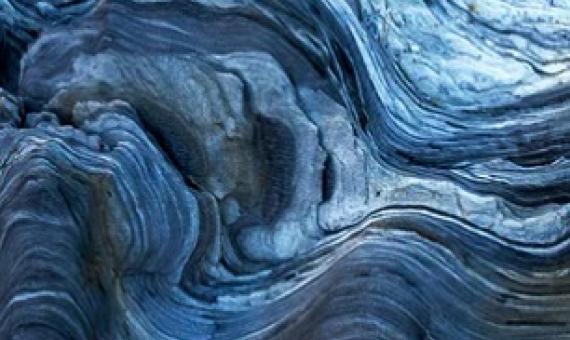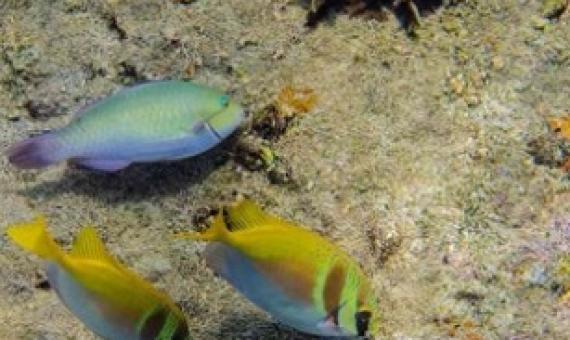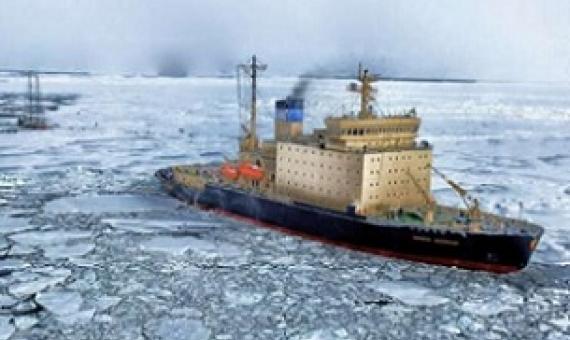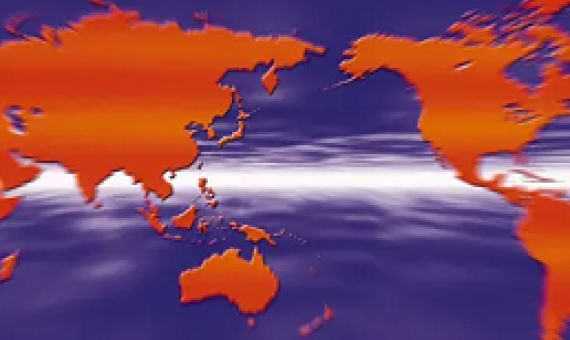If you want to track changes in the Amazon rainforest, see the full expanse of a hurricane or figure out where people need help after a disaster, it's much easier to do with the view from a satellite orbiting a few hundred miles above Earth.
There can be "trade-offs" between increasing human wellbeing and improving the resilience of societies and ecosystems, researchers say.
Human impacts and Anthropocene environmental change at Lake Kutubu, a Ramsar wetland in Papua New Guinea
The impacts of human-induced environmental change that characterize the Anthropocene are not felt equally across the globe. In the tropics, the potential for the sudden collapse of ecosystems in response to multiple interacting pressures has been of increasing concern in ecological and conservation research. The tropical ecosystems of Papua New Guinea are areas of diverse rainforest flora and fauna, inhabited by human populations that are equally diverse, both culturally and linguistically.
New research from Binghamton University, State University of New York suggests that the demographic collapse at the core of the Easter Island myth didn't really happen.
When humans arrive on an island they have an immediate and dramatic impact on the ecosystem, according to a new international study which included scientists from The Australian National University (ANU).
Islands are among the last regions on Earth settled and transformed by human activities, and they provide replicated model systems for analysis of how people affect ecological functions.
Just as writers and artists today are responding to the Anthropocene through climate fiction and eco art, earlier generations chronicled an environmental crisis that presaged humanity’s global impact.
Increasing fishing too quickly can cause coral reef ecosystems to collapse, new University of Colorado Boulder-led research finds. The new study, to publish the week of September 28 in the Proceedings of the National Academy of Sciences, provides the first evidence that these&n
Scientists at Stanford University have discovered a surprising shift in the Arctic Ocean.
Governments should use the urgency of the Covid-19 pandemic to address 10 potentially catastrophic threats to the survival of the human race, according to a report by a collection of prominent Australian researchers and public figures.

